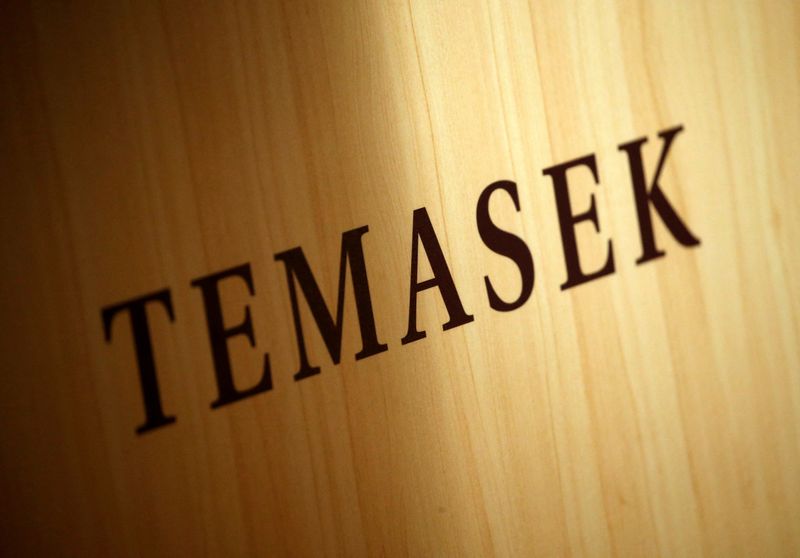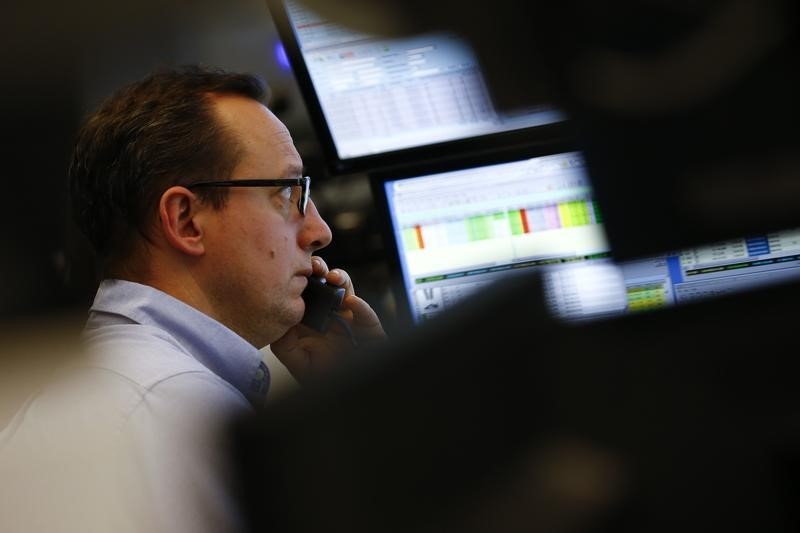SINGAPORE (Reuters) – Singapore’s sovereign wealth fund Temasek will consider investing in fossil fuels and other carbon-intensive projects if they make both environmental and commercial sense, it said on Tuesday, even as it aims to cut portfolio emissions to zero by 2050 .
“One of the things we realized when we set this initial (net-zero) goal for ourselves is that it creates an incentive to invest only in low-carbon industries,” said Rohit Sipahimalani, Chief Investment Officer from Temasek.
“But there are reasons to also invest in high-emission industries, if you can transform them.”
He cited a suspended bid with Brookfield to acquire Australia’s Origin Energy, which would have involved the purchase of coal-fired power stations that would eventually be decommissioned and replaced with renewables.
Other potential targets include projects using metals in batteries or electric vehicles.
Temasek said in its first annual sustainability report that US$44 billion ($32.6 billion) of its assets are in line with its “sustainable living” goals. This corresponds to 12% of the total net portfolio and includes green steel and electric cars,
“This used to be the smallest part of our portfolio, but it is the fastest growing,” Sipahimalani said.
Temasek plans to increase its internal carbon price from $65 per tonne this year to $100 in 2030. The price is used to assess the long-term viability of investments and provide incentives to the management of portfolio companies.
Total emissions from Temasek portfolio companies peaked at 30 million tonnes in 2021 and the aim is to reduce these to 11 million tonnes by 2030.
Net emissions fell by 22% last year to 21 million tonnes. The decline was partly attributed to a decision by Temasek-controlled Sembcorp Industries to sell its Indian coal power subsidiary.

($1 = 1.3485 Singapore dollars)
(This story has been corrected to change quote to “It used to be…”, not “It still is…”, in paragraph 7)


